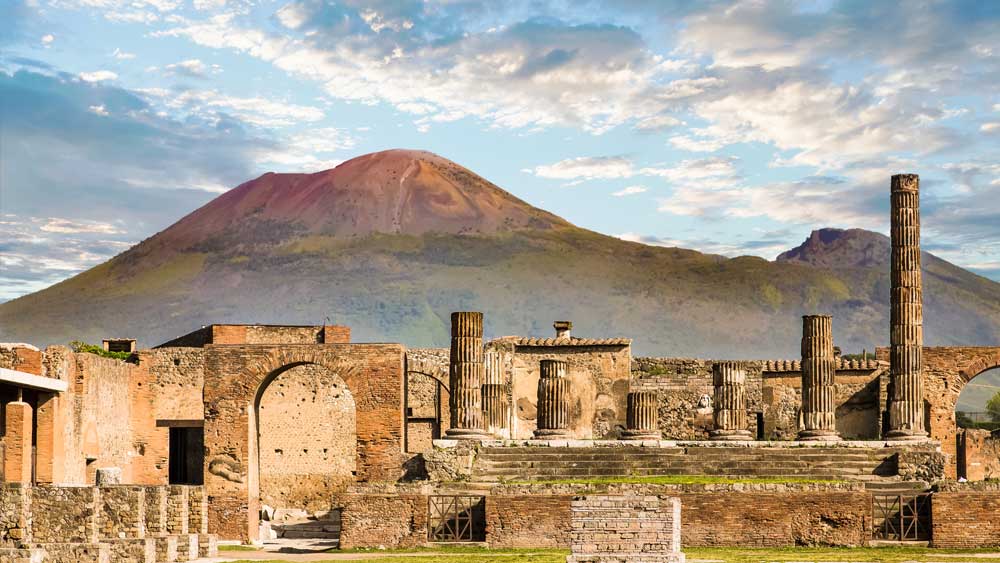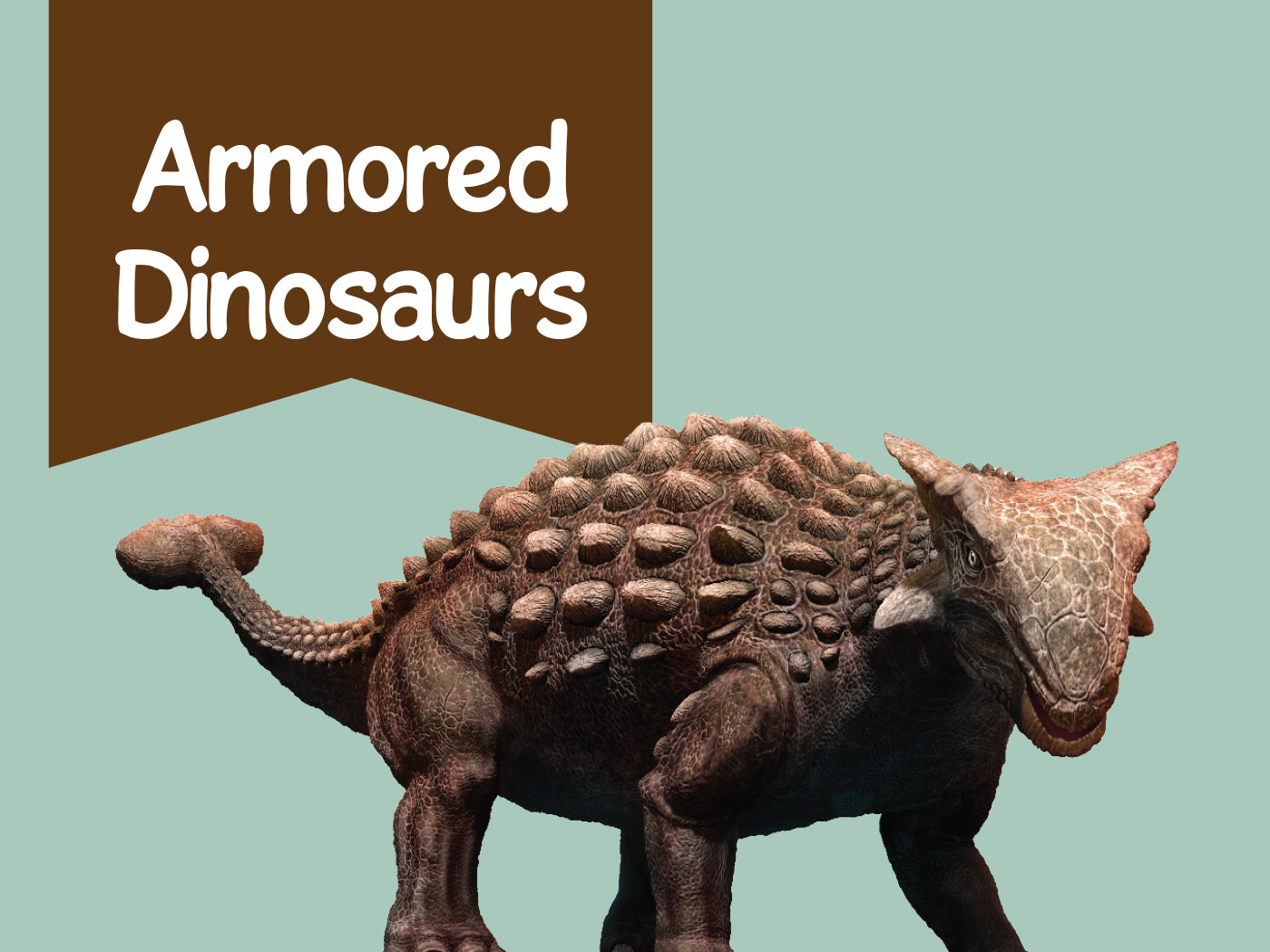Dr. Allison Emmerson, a member of the research team and Assistant Professor in the department of classical studies at Tulane University, said,
We found that part of the city was built out of trash. The piles [of rubbish] outside the walls weren’t material that’s been dumped to get rid of it. They’re outside the walls being collected and sorted to be resold inside the walls.1,2
One notable example of this recycling program were the pieces of tile and broken jars that were included in some walls, hidden beneath an extra layer of plaster.1
The city of Pompeii, Italy, was famously buried in ash resulting from the eruption of Mount Vesuvius in 79 A.D.3 This means that the process of recycling dates back at least to around the time of Christ.
The evolutionary worldview pervades modern western culture and often leads people to think of ancient people as their intellectual inferiors. If people evolved from an ape-like ancestor over millions of years, then it would seem natural to regard ourselves as at least slightly superior to our ancestors who lived thousands of years ago.
According to the Bible, God created people in Him image, intelligent from the beginning.4,5 Cain, son of Adam and Eve, is credited with the construction of a city. Within a few generations, his descendants included at least one herdsman, a musician, and a metalworker.6
Scientific and historical evidence when properly evaluated and interpreted, consistently fits with a biblical worldview. If the inhabitants of Pompeii were actively considering how they might make the best use of their garbage and had developed a recycling program, it indicates something about a wonderful gift from our creator: human ingenuity.
Crediting God for His wisdom in the way He designed all of life is a foundational principle of ICR’s approach to biology.7 If people have possessed the ability to consider how to make the best use of the materials they have been given ever since creation, their Creator should receive credit for the abilities He placed into them.
Evidence that people engaged in recycling 2,000 years ago is a reminder that people have always been people. Ancient people were not as different from modern folks as many may believe.
References
1. Alberge, D. Pompeii Ruins Show That The Romans Invented Recycling. The Guardian. Posted on theguardian.com April 26, 2020, accessed May 1, 2020.
2. Bio of Allison Emmerson. Tulane University. Posted on Tulane.edu, accessed May 1, 2020.
3. Pompeii. Posted on History.com Aug 27, 2010, accessed May 1, 2020.
4. Genesis 2:7.
5. Tomkins, J. Ape-Man or Image of God? In Morris, H. III et al. 2013. Creation Basics & Beyond: An In-Depth Look at Science, Origins, and Evolution, 173-178.
6. Genesis 4:17-22.
7. Guliuzza, R. J. 2019. Engineered Adaptability: Engineered Features Determine Design Success or Failure. Acts & Facts. 48 (6).
*Will Perry is an Event Coordinator at the Institute for Creation Research and holds a Master’s of Divinity from Southwestern Baptist Theological Seminary.

















